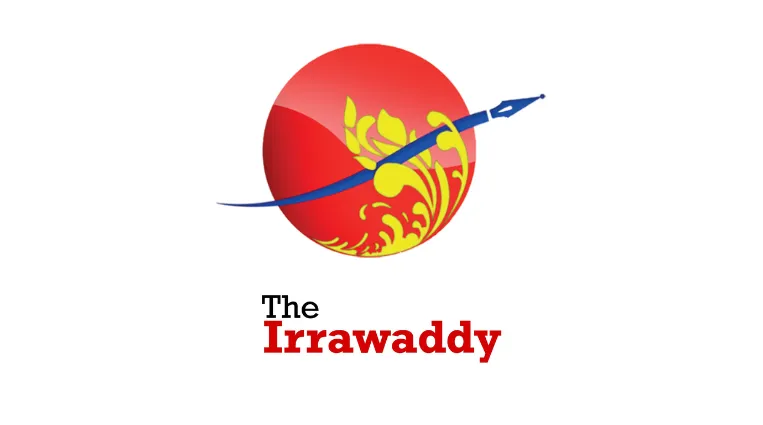Myanmar Human Rights Commission Fails to Stop Abuses: NGOs
29 May 2020

Yangon – The Myanmar National Human Rights Commission (MNHCR) is failing to protect human rights and has been silent about abuses in conflict areas during COVID-19, according to activists.
Asia NGO Network on National Human Rights Institutes (ANNI) and the 21 Myanmar-based human rights organizations said in a joint statement that the MNHCR’s commissioners, who were appointed in January, were unwilling to act on abuses.
The MNHCR was reformed by Myanmar’s government in January with new commissioners. But it has since faced criticism for lacking legislative authority, transparency and representatives from civil society organizations who have experience in rights issues.
All the new commissioners are retired senior civil servants from bodies like the Bureau of Special Investigation, Union Attorney Generals’ Office, Union General Office, General Administration Department, the Ministry of Foreign Affairs and government medical officers.
“The inaction of the MNHCR is a clear indication that it has neither the political will nor sufficient independence to adequately protect the rights of people in Myanmar,” said the groups.
It has pointed out that while the country has to struggle with the COVID-19 crisis, human rights abuses have occurred continuously due to intensifying offensives by Myanmar’s military.
The deaths of civilians have increased and many communities have been denied access to health care in conflict areas.
U Aung Zaw Oo, director of Human Rights Defenders and Promoters (HRDP), told The Irrawaddy that the main tasks of the MNHCR are to promote and protect human rights. However, there is no evidence of any action being taken since January.
“The MNHCR is silent despite human rights violations continuing to occur. Neglecting rights violations encourages further abuse and protects the violators,” said U Aung Zaw Oo.
He told The Irrawaddy the MNHCR should intervene over clashes, internet cut offs and COVID-19 plans.
The joint statement said the military burned down Karen National Union COVID-19 screening posts in April and attacked a COVID-19 awareness-raising and monitoring operation organized by the Restoration Council of Shan State.
A driver was killed and a passenger was injured in a World Health Organization (WHO) vehicle carrying COVID-19 test samples last month in Rakhine State.
Rights groups said that the ban on internet access in several townships in Rakhine and Chin states, where the Arakan Army is active, restricted access to health information.
U Aung Myo Min, executive director of Equality Myanmar, said the commission failed to prevent potential rights violations or investigate reports of abuse.
“The rights commission is responsible to speak out bravely to prevent rights abuses instead of just solving the cases that are filed,” said U Aung Myo Min.
The rights groups said the MHNCR had failed to speak up on behalf of at least 50 political prisoners and more than 137 rights activists who are being detained. Meanwhile, 24,896 prisoners, including just 26 political prisoners, were granted presidential pardons in April.
MNHCR should ask for the release of all political prisoners, the rights groups said.
The rights commission was first formed by presidential decree in September 2011 and reformed in September 2014 after the first MNHCR law was enacted.
The MNHRC was unavailable for comment, despite multiple attempts.
Announcements
28 February 2025
Asian NGO Network on National Human Rights Institutions , CSO Working Group on Independent National Human Rights Institution (Burma/Myanmar)
Open letter: Removal of the membership of the dis-accredited Myanmar National Human Rights Commission from the Southeast Asia National Human Rights Institution Forum

Progressive Voice is a participatory rights-based policy research and advocacy organization rooted in civil society, that maintains strong networks and relationships with grassroots organizations and community-based organizations throughout Myanmar. It acts as a bridge to the international community and international policymakers by amplifying voices from the ground, and advocating for a rights-based policy narrative.